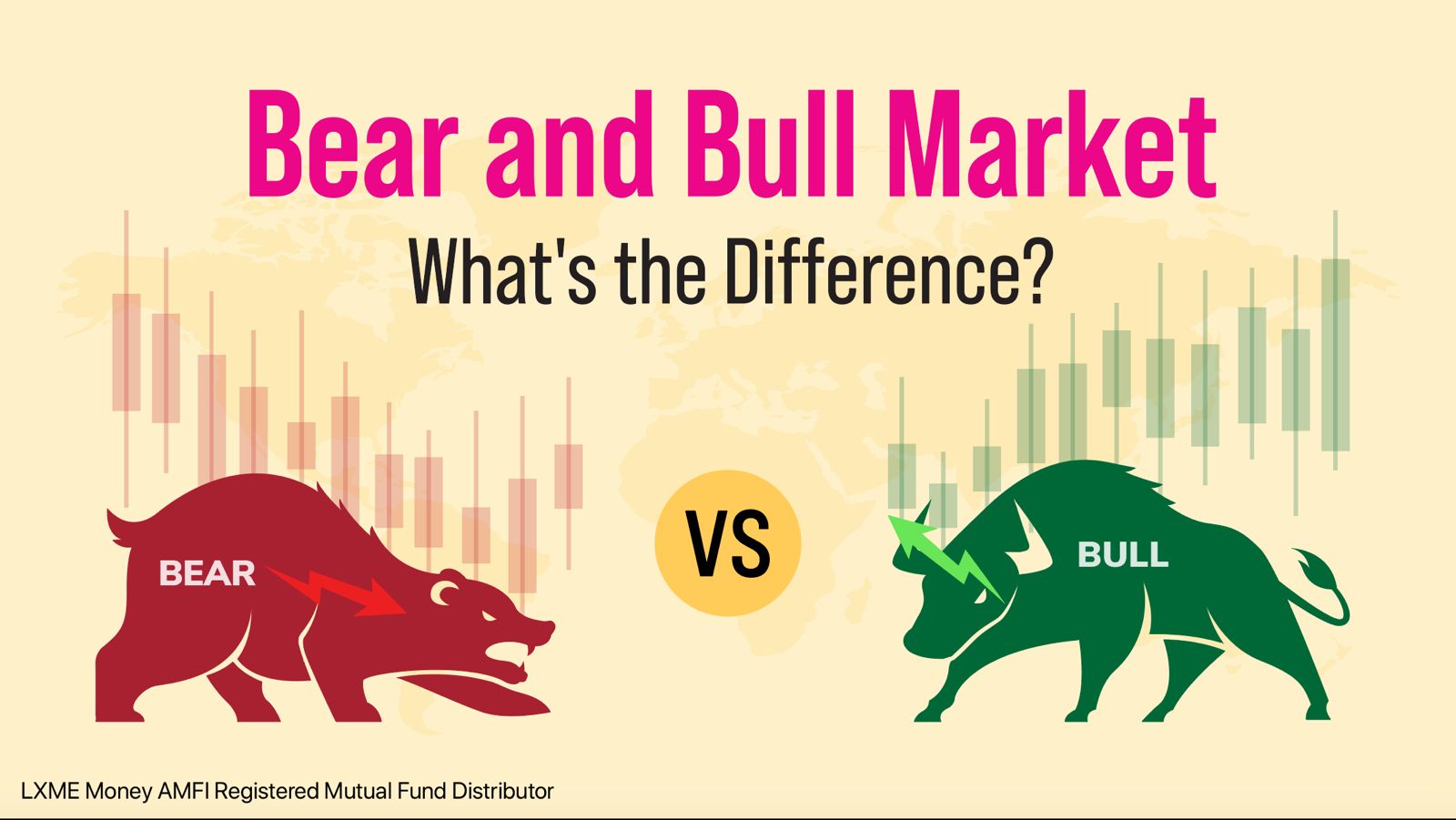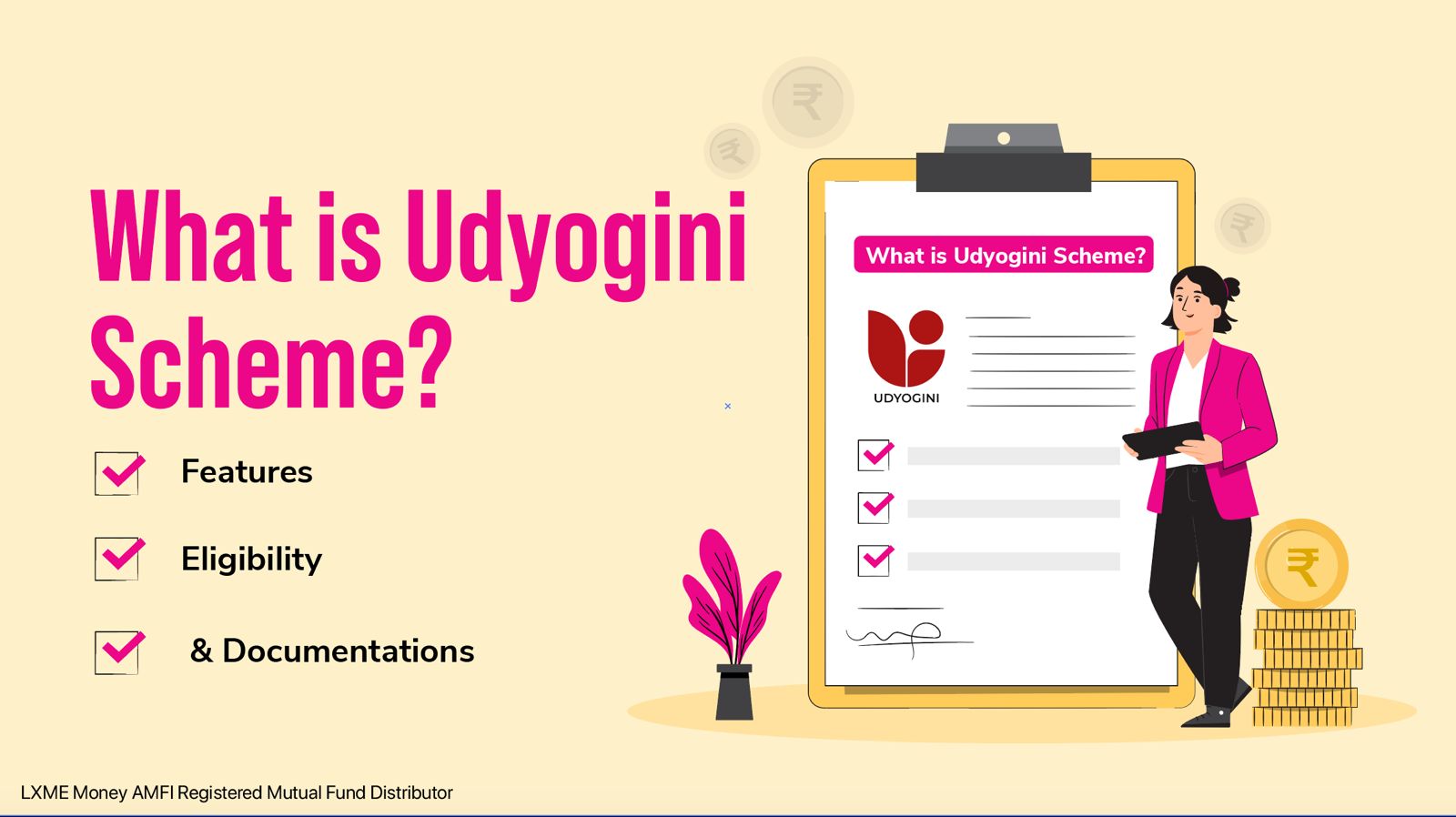One of the most important parts of planning for the future is having insurance for yourself. Both life insurance and health insurance are crucial forms of risk mitigation that provide financial protection in the event of serious injury, illness or untimely death. Of course, they do this in different ways.
Here are 6 key areas of difference between health and life insurance:
1. Purpose Health insurance
is a general insurance that covers medical expenses, typically limited to hospitalisation and follow-up treatment. Life insurance is a type of personal insurance that pays an assured sum in the event of your death to the nominee/s you specify.
2. Maturity Health insurance
does not have a maturity date. You can only make claims against actual expenses, limited to the maximum sum insured. Life insurance will begin cyclic payouts after the maturity date, along with a lump sum death benefit.
3. Additions Health insurance
policies have a no-claim bonus. As long as you don’t make any claims, the cover increases every year till it reaches a fixed limit or cap. You can add riders – a provision that adds to or amends the term or amount of coverage, often for an additional cost – for higher coverage in specific situations, like personal disability, cancer or critical illnesses. Life insurance policies also have riders like loyalty additions and surrender benefits if you withdraw early. There are also plans available for specific purposes, like retirement planning, child-related insurance, and term plans that cover you for a specific period.
4. Scope of Coverage Both health insurance and life insurance
are available with individual and group coverage (for employees of a company). Still, you can also buy family floater health insurance policies that cover your entire family, but you will need to buy life insurance separately for each family member.
5. Premium Payments
Since there is no maturity benefit, health insurance premiums are paid in lump sums upfront each year, with the option of paying for additional years in advance. Life insurance premiums can be paid in a lump sum, instalments, or a combination of the two. You can choose whichever option is most convenient.
6. Tax Benefits
Both types of personal insurance offer tax benefits. Health insurance premium payments can be claimed under Section 80D of the Income Tax Act, and life insurance under Section 80C, Section 10(10D) of the Income Tax Act. While most of your financial planning should be around mutual funds, equity funds and other investments, insurance is important, too. Safeguard yourself and your loved ones by putting some money into both life and health insurance!
Understanding the debate between life insurance vs health insurance is crucial for making informed financial decisions that align with your needs and goals. While health insurance safeguards your well-being by covering medical expenses during your lifetime, life insurance provides financial protection to your loved ones after your passing. Additionally, exploring the benefits of term insurance, such as affordability and customizable coverage periods, can offer peace of mind for your family’s financial future. Ultimately, whether you’re considering term insurance or permanent life insurance, ensuring you have adequate coverage in place is essential for protecting yourself and your loved ones against life’s uncertainties.
Share this blog with your friends and family if you find it insightful!!
Download the LXME app now to start investing! Happy Investing!
Similar blog you may also like to read – How to Choose Health Insurance for Women
FAQs Around Health Insurance and Life Insurance
1. Difference between health insurance and life insurance:
Purpose:
Health Insurance: Covers medical expenses and treatments during your lifetime.
Life Insurance: Provides a payout to beneficiaries upon the policyholder’s death.
Coverage:
Health Insurance: Addresses medical bills, hospital stays, and preventive care.
Life Insurance: Offers financial protection to beneficiaries, serving as income replacement.
Duration:
Health Insurance: Ongoing coverage as long as premiums are paid.
Life Insurance: Designed for a specified term or the entire life of the policyholder.
Payout:
Health Insurance: Pays for medical expenses directly.
Life Insurance: Pays a lump sum to beneficiaries upon the policyholder’s demise.
2. Can I buy health and life insurance together?
Yes, You Can:
Combining both ensures comprehensive coverage for health and life events.
Provides a holistic approach to financial protection for you and your loved ones.
Considerations:
Evaluate individual needs for health and life coverage.
Choose policies that align with your financial goals and your family’s well-being.
What is the difference between life and health insurance?
Life insurance provides financial protection to your beneficiaries in the event of your death, typically in the form of a lump sum payout. On the other hand, health insurance covers medical
To stay connected with LXME and access inspiring content, follow us on Instagram and subscribe to our YouTube channel.
New Investor? Request a Callback.
Fill in your details and we will guide you at every step
other blogs

Smart Money April 17, 2024
Bear and Bull Market: What’s the Difference?
In bear markets, prices are falling, investor confidence is low and the economy is declining. While, in bull markets, prices are rising, investor confidence is high and there is good economic growth. You must have heard the terms ‘bullish market’ and ‘bearish market’ on the news. But, what do bear and bull market mean? Is … Bear and Bull Market: What’s the Difference?

Smart Money
What is Udyogini Scheme? Features, Eligibility & Documentations
Financial assistance has the power to transform a woman’s life, especially an underprivileged woman. This is why the Women Development Corporation offers a scheme called Udyogini Yojana to provide women with monetary help in setting up their business. What is the PM Udyogini Yojana Scheme? What are some Udyogini Scheme details? Let’s find out! What … What is Udyogini Scheme? Features, Eligibility & Documentations

Smart Money April 11, 2024
Mahila Udyam Nidhi Scheme: Eligibility Criteria, Interest Rate & More
The Mahila Udyam Nidhi Scheme aims to support women’s entrepreneurial ventures. It is an initiative by the Small Industrial Development Bank of India and offers financial assistance to women entrepreneurs at special interest rates. Women have proven that they can do anything they set their minds to. Against all odds, women are setting up their … Mahila Udyam Nidhi Scheme: Eligibility Criteria, Interest Rate & More









